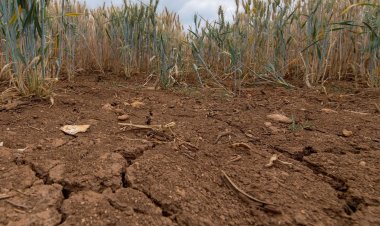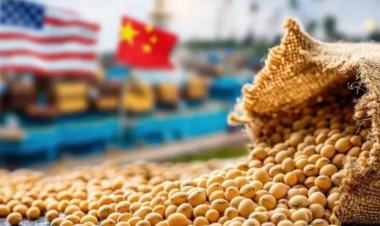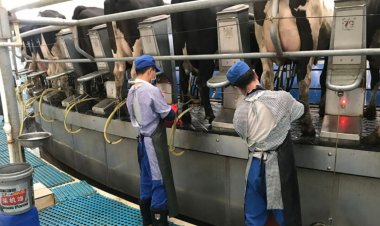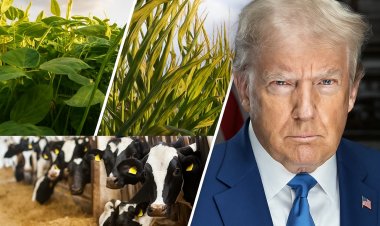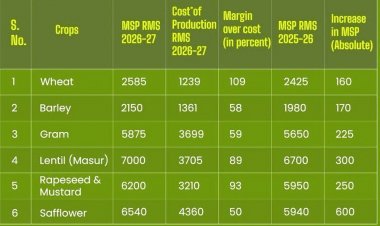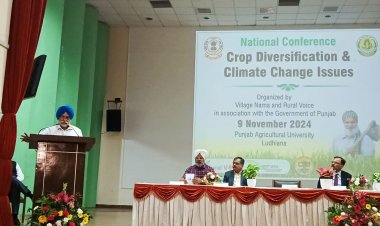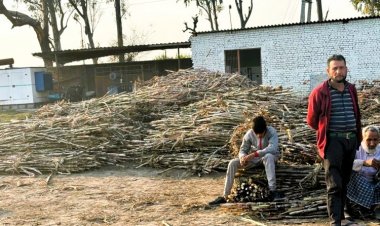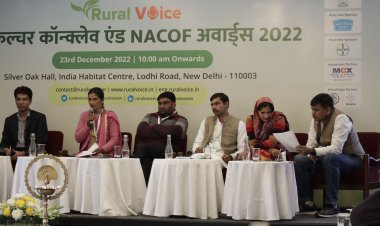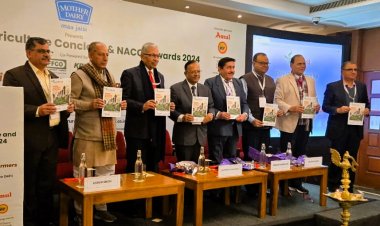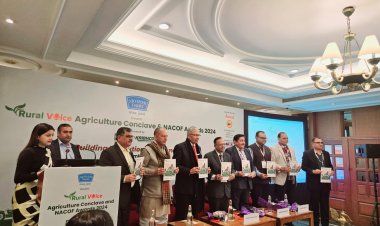COP27: Agriculture sector both a victim of and contributor to climate change
It is very unfortunate that agriculture and food are neglected in climate negotiations. A meagre 3 per cent of public funding for climate change is earmarked for agriculture and food, even though this sector is responsible for one-third of greenhouse gas emissions.
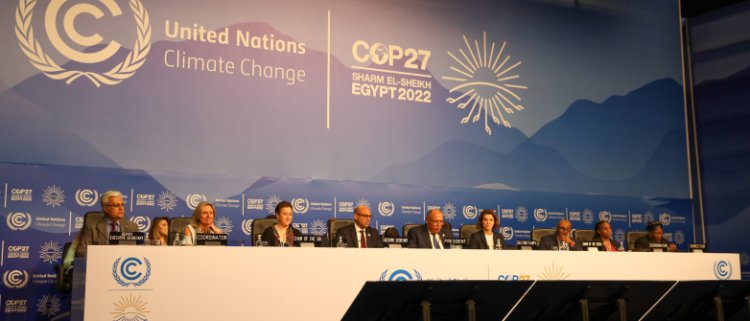
The ongoing global climate summit, COP27, in Sharm El-Sheikh, Egypt, is the first global climate summit to be held in Africa since 2016 and the first to have a strong focus on food and agriculture.
The location and the focus are important. Africa today is at the epicentre of an escalating series of humanitarian crises primarily caused by the impact of climate change on food production.
To put it very mildly, it is very unfortunate that agriculture and food are neglected in climate negotiations. A meagre 3 per cent of public funding for climate change is earmarked for agriculture and food, even though this sector is responsible for one-third of greenhouse gas emissions.
It is often seen at every UN Climate Change Conference that the NGOs, scientists and even international institutions harp on the same criticism.
In most debates, agriculture and food are pushed to the background, even though the sector represents one-third of man-made greenhouse gas emissions and agricultural producers are among the populations most directly affected by climate change.
Both a victim of and contributor to climate change, the agricultural sector cannot be ignored if the Paris Agreement's objective of not exceeding +2°C compared to the pre-industrial era has to be met.
But far from the attention given to the transport or energy sectors, food has so far only been addressed marginally at institutional discussions on climate change – on the sidelines or as a tangent to debates on other subjects, say experts.
For the first time, a day will be dedicated to agriculture in the official COP schedule, on November 12, and it will be preceded by a round table with high-level political representatives.
The war in Ukraine has highlighted the imbalances in global food systems and this year's agricultural harvests have also been affected by extreme drought in both the South and the North and by devastating floods in Pakistan and Nigeria.
Unfortunately, climate negotiations have proven to be a missed opportunity to address those issues.
But this time there will be dedicated discussions on food and agriculture at the first official Food and Agriculture Pavilion hosted by the United Nation’s Food and Agriculture Organization (FAO), CGIAR and The Rockefeller Foundation at the climate conference.
This comes at a crucial time. The unprecedented drought situation in Europe, the US and Africa, the heatwave that impacted India’s wheat crop and floods and droughts in Pakistan and China are all stark evidence of how food production is at risk from extreme weather events.
Organizations representing over 350mn farmers and producers wrote an open letter to world leaders November 7. They warned that global food security was at risk unless governments boost adaptation finance for small-scale production and promote a shift to more diverse, low-input agriculture.
Agriculture is a victim of climate change. But it is also responsible for more than a third of all greenhouse gas emissions.
In a recent report, the Global Alliance for the Future of Food, a coalition of private foundations, concluded that only 3 per cent of public funding for the climate is directed towards agriculture and food systems. That is inconsistent with the weight of the industry.
Governments themselves underestimate the importance of the sector. Among developed countries, the majority (62 per cent) do not include any measures related to food systems in their nationally determined contributions (NDCs), the national commitments made for the 2030 deadline. As for developing countries, only 4 per cent of their quantified financial needs in their commitments are for the transformation and resilience of food systems.
None had ever thought that India would be short of rice and wheat. But this is particularly a year where the evidence of the impact of climate change on food crops is right in front of everybody.
Experts blame the bulk of the emissions from the sector on industrial agriculture and highlight a dire need to make a shift to agroecology. That means working with nature and local communities to support food security, livelihoods and biodiversity and helping to buffer temperature extremes and sequester carbon.
“We must completely transform the way we eat, farm and distribute food,” experts said, noting that the discussion at COP is very timely.



 Join the RuralVoice whatsapp group
Join the RuralVoice whatsapp group

















